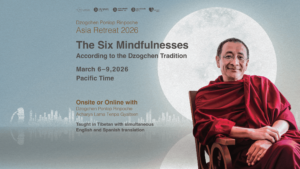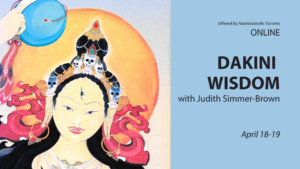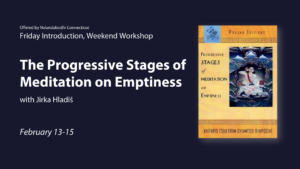Sometimes life surprises us by offering a teaching where we least expect it. Of course, we need to be mindful to be able to recognize it.
One weekend, my son, his girlfriend, and I spent a couple of days at his godmother’s house. We had lunch with an acquaintance of hers, and on our way back to her home, we decided to buy some artisanal yogurt her town is famous for. During our previous visits, we had tried to buy yogurt, but had failed in our attempt.
Although nobody answered the door, our friend had gotten the delivery man’s phone number a few days before. I placed an order for two liters of yogurt: one with tapioca (for me) and one with apple and wheat (for my son and daughter-in-law), both without added sugar. I asked if he could deliver them to my friend’s house the following day before noon, because we planned to leave by 1:00 p.m. He told me not to worry.
After the phone call, I gave no further thought to yogurt.
The following day, we were helping in the kitchen when I heard the doorbell ring. And it came back to me: “The yogurt’s here,” I thought. “The yogurt’s here!” my friend exclaimed. I received the two liters, paid for them, and thanked both the driver and his assistant.
I soon became aware of how happy I felt. I was finally able to buy this special yogurt to bring back home! However, what made my happiness happier and more spacious was that I had let go of all expectations. I had not even remembered that I had ordered yogurt, and so I wasn’t waiting for it.
By dropping my expectations (the hope of my desire being satisfied), suffering had also vanished: the suffering of waiting and the suffering of potential (or actual) disappointment. If the delivery van had not brought my yogurt that day, I would not have been angry nor would I have remembered to be disappointed.
Hopefully I will recall this simple experience of letting go. I hope to put it into practice in other spheres of life, where I still tend to expect too much. A bit of planning and some waiting do not hurt, but when we expect specific outcomes, we give rise to unnecessary suffering and pain.
Exercise/Meditation/Ejercicio
The next time you identify a situation where your expectations have taken over, try the following:
- Breathe mindfully so you can open a gap between yourself and the situation.
- Once you have taken a step back, try to identify your expectations. Notice how they affect your body and your mind.
- Inhale deeply, and as you exhale try to let go of an expectation—or half an expectation. As you do this, connect to the vibrancy of the present moment, and let go of anxiety about the future.
- Repeat as needed.

is a writer, translator, psychotherapist, teacher and, mother from Mexico. She is now working on a bestiary in poetic prose. She has practiced meditation for over 24 years and has been a student of Ponlop Rinpoche’s since 2002.






